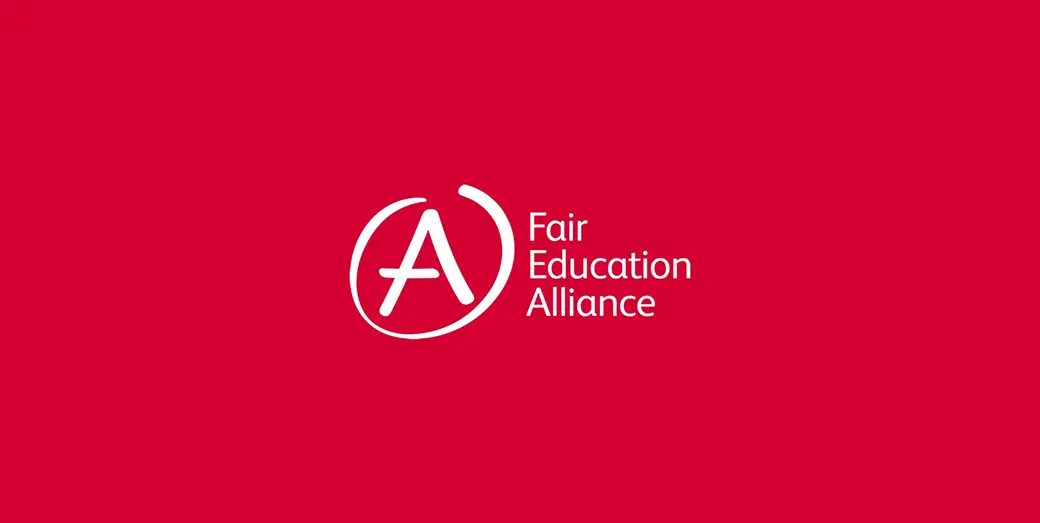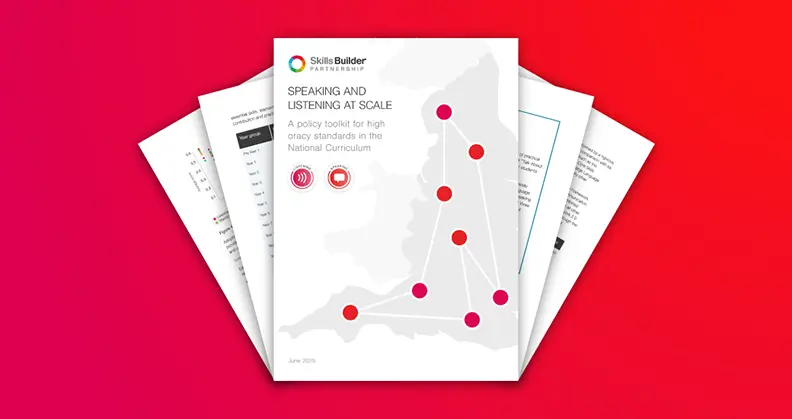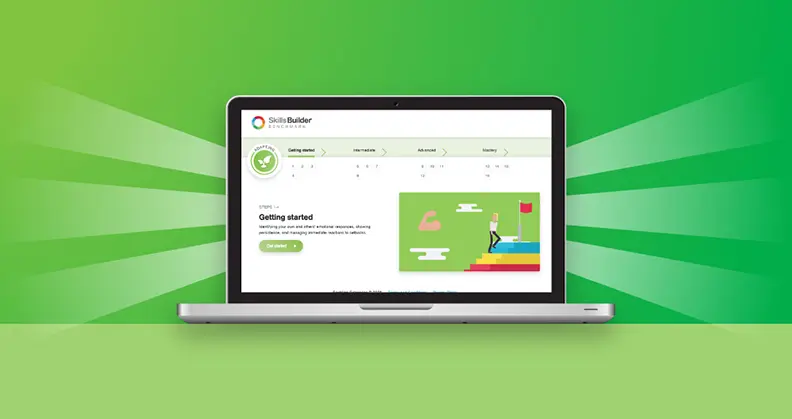The Fair Education Alliance (FEA) has launched its new five-year strategy, From Neighbourhood to National, setting out an ambitious roadmap to tackle educational inequity. As a coalition of 300 organisations working to ensure no child’s success is limited by their socioeconomic background, the FEA plays a vital role in uniting voices across sectors to drive lasting change.
Fair education impact goals
The strategy sets out five goals to be achieved by 2030, each focused on closing gaps in outcomes between children from low-income households and their peers:
- Close the gap in development at age five
- Close the gap in academic attainment
- Close the gap in wellbeing
- Close the gap in essential skills
- Close the gap in further and higher education, employment and training
We are proud to be a founding member organisation of the Fair Education Alliance, and we are excited to see closing the gap in essential skills recognised as one of these five priority goals. The strategy highlights what we have long championed: essential skills are not “nice-to-haves”, but fundamental to every child’s learning, wellbeing and long-term success.
A shared tool to close the gap in essential skills
At Skills Builder Partnership, our mission has always been to ensure that everyone builds the essential skills to thrive. With the launch of our refreshed Universal Framework earlier this year, co-created with educators, employers and impact organisations, we now have a clearer, more inclusive and accessible tool for building these skills than ever before.
The Fair Education Alliance highlights that by the end of primary school, children from low-income households are already ten months behind their peers. By the end of secondary school, that gap has widened to almost two years, and it stretches beyond academic attainment into early development, wellbeing, essential skills and employment.
Like the Fair Education Alliance, we believe that no matter what someone’s socio-economic background is, opportunity should be equal for all. That’s why the Universal Framework is open source and freely available to anyone, providing a practical tool that schools, employers and organisations can use to build essential skills consistently and inclusively.
With a growing movement of education institutions, employers and impact organisations using the Universal Framework, we are better placed than ever to support the FEA’s goal of closing the gap in essential skills. By aligning efforts through a shared language and structure, we can ensure that essential skills are embedded consistently from early childhood through to employment, helping to close gaps in opportunity and success.
Momentum for building essential skills in education and employment continues to grow. Updated statutory careers guidance (2025) promotes the Universal Framework as a model for building essential skills into the school or college curriculum, while over 234,000 students reported on their essential skills in 2023/2024 through the Careers and Enterprise Company’s (CEC) Future Skills Questionnaire.
The findings showed that while young people feel confident in their work-related skills, they are less confident in areas like speaking, listening, leadership, and teamwork, underscoring the need for structured skills development.
As Tom Ravenscroft, Founder and Global CEO at Skills Builder Partnership, comments:
“Skills Builder Partnership UK welcomes this exciting and new ambitious strategy from the Fair Education Alliance. We are enthusiastic to see closing the gap in essential skills recognised as a core outcome of a good education. We look forward to accelerating progress against this goal by leading the efforts of the 950 education institutions, charities and employers who are using the Universal Framework for essential skills to coordinate their efforts. By working together, we can close the gap in essential skills for children and young people, and ensure that everyone is set up to thrive.”
Find out more
You can read the full strategy on the Fair Education Alliance website and download the member guide to learn more about how members can get involved.





